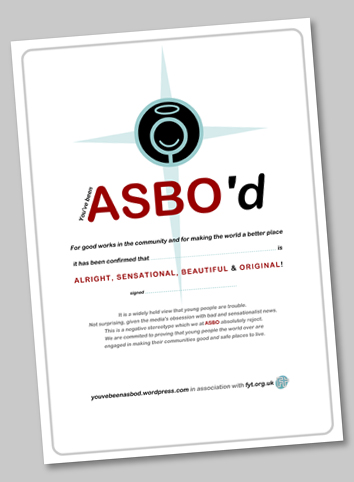Dear Jim,
Do not depend on the hope of results. When you are doing the sort of work you have taken on, essentially an apostolic work, you may have to face the fact that your work will be apparently worthless and even achieve no result at all, if not perhaps results opposite to what you expect. As you get used to this idea, you start more and more to concentrate not on the results but on the value, the rightness, the truth of the work itself. And there too a great deal has to be gone through as gradually you struggle less and less for an idea and more and more for specific people. The range tends to narrow down, but it gets much more real. In the end, it is the reality of personal relationships that saves everything…
…The big results are not in your hands or mine, but they suddenly happen, and we can share in them; but there is no point in building our lives on this personal satisfaction, which may be denied us and which after all is not that important.
The next step in the process is for you to see that your own thinking about what you are doing is crucially important. You are probably striving to build yourself an identity in your work, out of your work and your witness. You are using it, so to speak, to protect yourself against nothingness, annihilation. That is not the right use of your work. All the good that you will do will come not from you but from the fact that you have allowed yourself, in the obedience of faith, to be used by God’s love. Think of this more and gradually you will be free from the need to prove yourself, and you can be more open to the power that will work through you without your knowing it.
The great thing after all is to live, not to pour out your life in the service of a myth: and we turn the best things into myths. If you can get free from the domination of causes and just serve Christ’s truth, you will be able to do more and will be less crushed by the inevitable disappointments. Because I see nothing whatever in sight but much disappointment, frustration and confusion…
The real hope, then, is not in something we think we can do but in God who is making something good out of it in some way we cannot see. If we can do God’s will, we will be helping in this process. But we will not necessarily know all about it before hand…
Enough of this… it is at least a gesture… I will keep you in my prayers.
All the best, in Christ,
Tom

 are launching a new
are launching a new